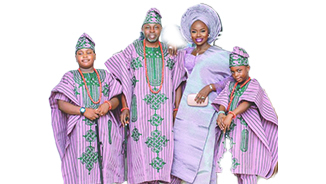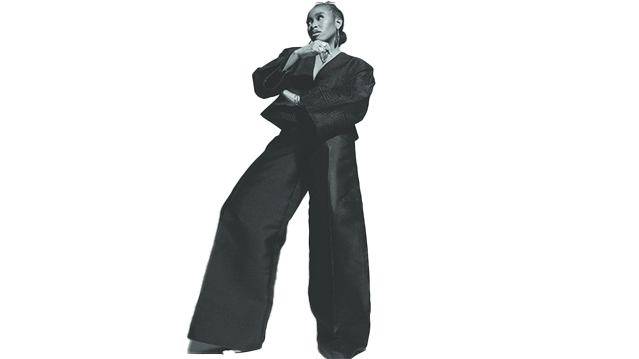Fashion and technology experts have called on Nigerians to modernise their fashion industry to secure their identity and claim their space in the global economy.
They warned that without that, the world may continue to profit from African heritage without crediting its true owners.
They also warned that Nigeria risks losing its cultural designs and economic opportunities if the fashion industry does not quickly adopt new technologies, including Artificial Intelligence (AI).
They gave these warnings during a panel session in Ikoyi, Lagos titled “Stitching the Future: AI and Tech in Nigerian Fashion.”
The event, hosted by Misi Africa and Naomi Williams, brought together experts from technology, copyright regulation, and fashion design to discuss how innovation can transform Nigeria’s creative economy.
The panelists included, Director of Copyright for Lagos State, Lynda Alphaeus; an international fashion designer, Chinenye Ezurike; and Director of the UK–Nigeria Technology Hub, Oyinkan Akintola Bello.
The host, Misi Africa said Nigeria must act fast to stop foreign companies from taking local cultural heritage and claiming it as their own.
“If Nigeria doesn’t embrace technology quickly, what’s going to happen is our ideas are going to be stolen just like they’ve been stolen over the years.
“They will take all of our IP, things such as Adire and Aso Oke, and they’re going to make it into their own. But technology gives us the power to protect what is ours and scale it globally,” she said.
Ezurike explained that AI already plays a role in her work. She said digital tools help designers reduce waste and cut production time.
“For me, I only needed one physical sample for my latest collection because I used a 3D design app to visualize the clothing fully before producing it. AI helps fashion brands work faster and more efficiently,” Ezurike said.
Alphaeus underscored the importance of legal protection alongside technology.
Her words: “One of the most important things the government must do is enlightenment. Designers need to understand the rights the law has given them and how to protect their work. Artistic fashion designs can be registered under copyright, and mass-produced styles can be registered as industrial designs. Both provide protection.”
Bello, discussed new opportunities for Nigerian designers to scale internationally. She said Nigeria and the UK have trade agreements including the Enhanced Trade and Investment Partnership (ETIP) that support zero tariffs on fashion exports.
“This is the best time for Nigerian fashion brands to take advantage and scale into the UK market. But cross-border payments are still a major barrier. If someone in Kenya wants to pay a Nigerian designer, converting money into naira becomes difficult,” she said.
She also pointed to issues of electricity, talent shortages, and Nigeria’s negative global reputation as barriers that the government and industry must work together to solve.
Williams said social media has already opened global doors for Nigerian brands, but stronger infrastructure and investment are needed.
“The government needs to create fashion hubs with working equipment and technology, where young designers can come in and build their brands. When they grow, they can move into their own spaces,” she urged.
Throughout the session, speakers and attendees agreed that Nigerian culture and creativity remain powerful assets, but must now be backed by technology, policy support, and improved business systems.






